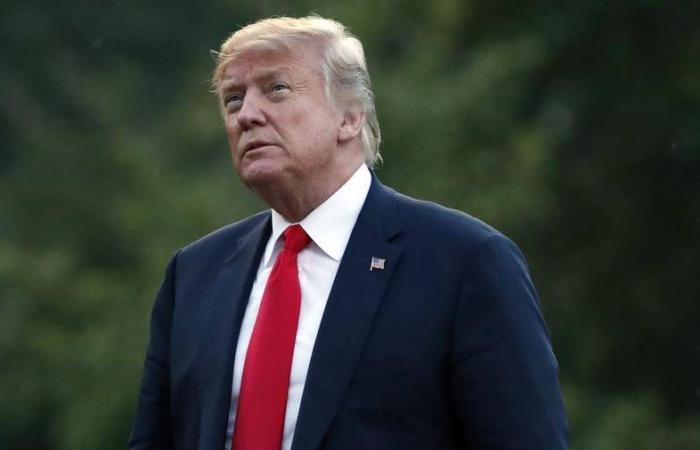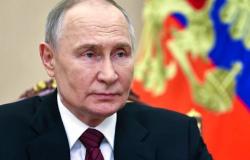Widespread deficits
The gradual normalization of rates has above all highlighted abysmal deficits in all countries – the result of the colossal cost of supporting economies in the wake of the pandemic. Because if the markets tolerate considerable deficits in the United States, these appear less acceptable in Europe, where they are probably perceived as structural, and not supported by a reserve currency, unlike the greenback.
Switzerland, for its part, is showing itself to be resilient thanks to its solid fundamentals and the stability of its franc, which has become a safe haven. It is free of structural deficits, which gives it great room for maneuver in times of economic contraction. The country’s relative immunity to price pressures allows the Swiss National Bank (SNB) to have a certain flexibility in terms of monetary policy.
But, in the long term, this strong franc can also constitute a handicap weighing on the results of Swiss companies. The latter will therefore be called upon to demonstrate agility and adaptation to continue to grow despite the strength of their currency, while their main trading partner, Europe, is on the brink of economic, but also political and social, abyss.
The new deal
Crises highlight fragilities, and Europe today appears polarized and threatened by a recession, given the absence of a coherent economic strategy and insufficient political unity to relaunch a European project in decline. speed; the evolution of the euro bears witness to this growing fragility.
The United Kingdom, for its part, bought its independence at a high price with Brexit, and only the rebound in business investment will allow it to emerge from the crisis in 2025.
As for China, once the engine of global growth, it is now paralyzed by its state interventions. Since the pandemic, it has lost its status as a trusted partner. Beijing’s declarations of intent are no longer enough; a change in political ideology is necessary for the country to regain credibility.
India is now emerging as a leader in Asia. It is becoming a leading economic player, with much higher GDP growth, while Japan, finally out of its deflationary era, is finding a second wind.
The return of protectionism
In this new cycle, marked by significant growth differentials within the OECD, by endemic problems of deficits, as well as by structurally higher rates, countries are turning inward to try to stabilize their economic activity . The return of protectionism therefore marks the end of globalization as the main engine of world growth.
Only the fastest economies are doing well. The United States, more powerful than ever, is benefiting from the technological boom which is boosting and financing their expansion. The re-establishment of customs barriers, fueled by trade rivalries, particularly between the United States and China, further strengthens American supremacy. Furthermore, populism, present everywhere, reflects the inexorable rise of nationalism.
The attitude of political leaders is raising growing concerns about their political and economic orientation, calling into question the opening of their respective internal markets. The war in Europe is redefining the continent, making defense a priority in its budgetary spending. The conflict in Ukraine implies a change of doctrine in Europe, with a desire for increased autonomy, and alongside NATO, but also with regard to technological developments.
Switzerland maintains its credibility
In this context of upheaval, Switzerland tends to stand out through its ability to maintain its credibility. According to a recent study by Deloitte Switzerland, in 2024 it maintained its leadership in international wealth management in terms of size and competitiveness.
Its financial center has evolved and prospered for decades in a globalized world. From now on, it must learn to remain competitive in this fragmented environment at all levels – on the borders of a weakened and warring Europe, and facing players of a new order, such as Singapore or the United Arab Emirates. The autonomy, independence and speed of the SNB ensure Switzerland the stability and credibility of its economy and its currency. The preservation of its integrity, its neutrality, and the continuity of its policy remain essential to maintaining its unique status.






